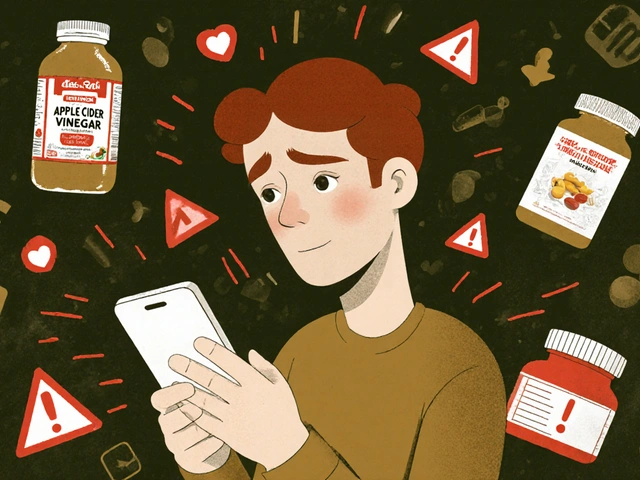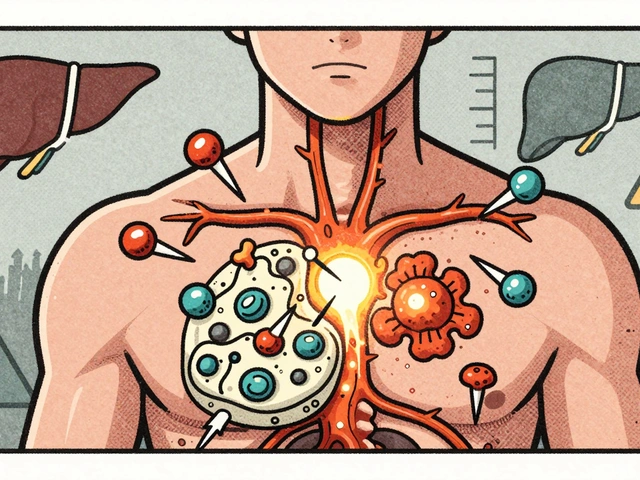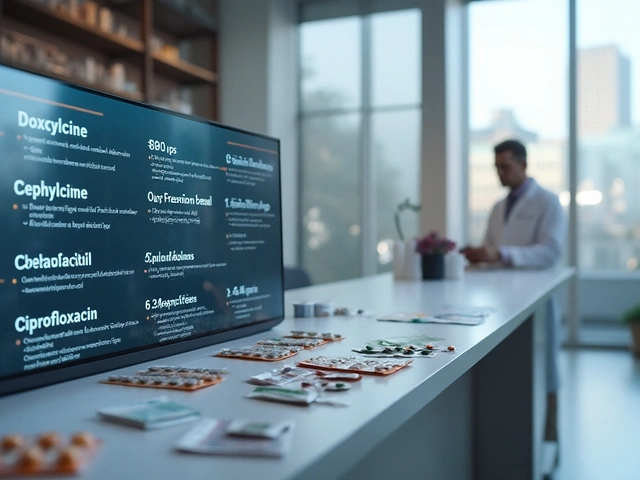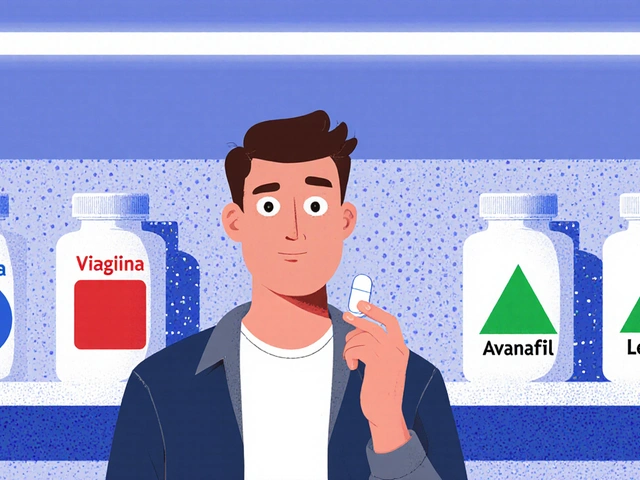H. pylori infection: what to watch for and how it’s treated
H. pylori is a common bacteria that lives in the stomach lining. It often causes chronic stomach pain, bloating, heartburn, nausea, and can lead to peptic ulcers. Many people have it without major symptoms, but when it flares up it can be painful and stubborn.
If you have ongoing upper belly pain, unintentional weight loss, vomiting, or black stools, see a doctor promptly. Those signs could mean an ulcer or bleeding and need urgent care.
How doctors check for H. pylori
There are a few reliable tests. Your doctor will pick one based on your situation:
- Urea breath test: You swallow a harmless substance and breathe into a bag. It’s accurate and commonly used to confirm infection and to check cure after treatment.
- Stool antigen test: A stool sample is checked for H. pylori proteins. It’s noninvasive and good for follow-up testing.
- Endoscopy with biopsy: If you have severe symptoms or bleeding, a camera exam of the stomach can take samples for direct testing.
- Blood antibody tests are available but are less useful for checking cure because antibodies can stay positive long after the bacteria are gone.
Treatment you can expect
Treatment aims to kill the bacteria and protect the stomach while it heals. Typical regimens use a proton pump inhibitor (PPI) plus two antibiotics. Common options include:
- Clarithromycin-based triple therapy: PPI + clarithromycin + amoxicillin or metronidazole (used where resistance is low).
- Bismuth quadruple therapy: PPI + bismuth + tetracycline + metronidazole (often used if resistance is a concern or after treatment failure).
Therapies usually last 10–14 days. Finish the full course even if you feel better after a few days. Skipping doses raises the chance of resistance and treatment failure.
Side effects can include diarrhea, taste changes, nausea, and yeast infections. Tell your doctor about allergies and current meds—some antibiotics interact with other drugs.
After treatment, testing for eradication is recommended. Use a urea breath or stool antigen test at least 4 weeks after finishing antibiotics and wait 2 weeks after stopping PPIs for accurate results.
Antibiotic resistance is rising. If first-line treatment fails, your doctor may switch to a different combination or order a test to guide therapy.
Simple prevention tips: wash hands well, use safe water and food, and avoid sharing eating utensils in places with high H. pylori rates. These steps cut transmission risk but don’t guarantee prevention.
If you have persistent stomach symptoms or were treated before and still feel unwell, ask your doctor about retesting or a referral to a gastroenterologist. Getting the right test and finishing the full treatment are the fastest ways to feel better and avoid complications.
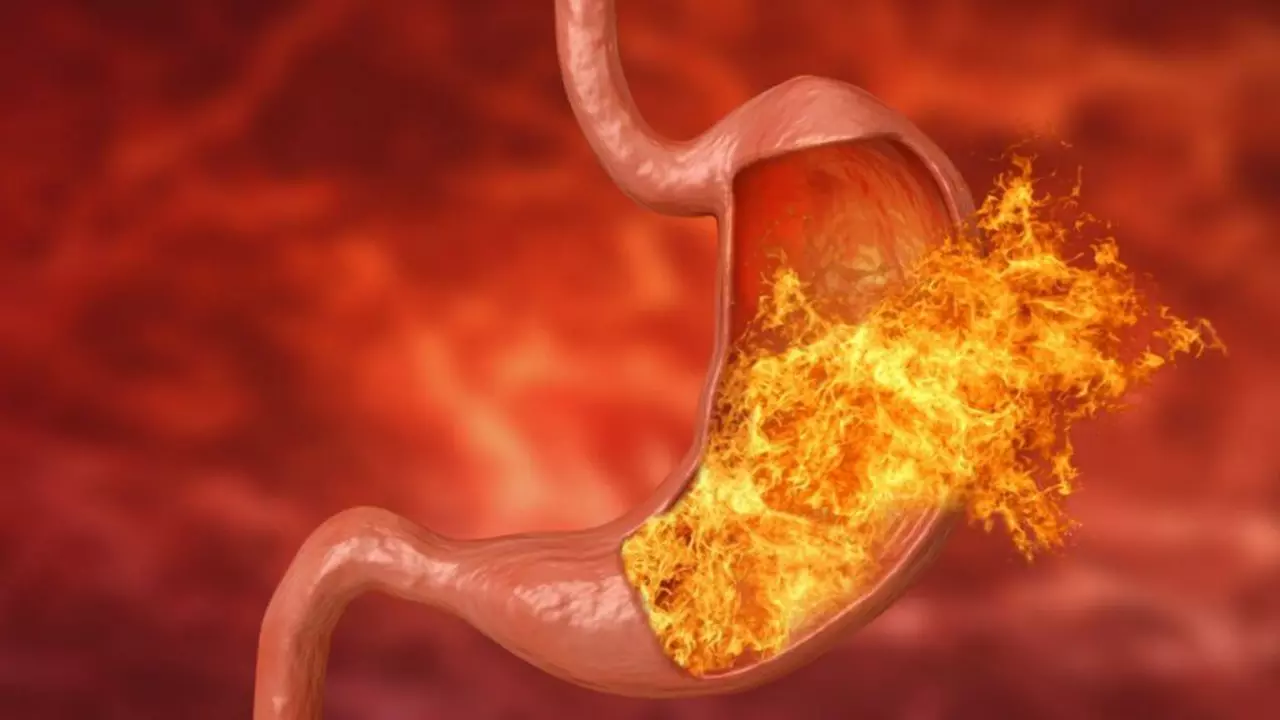
- May 13, 2023
- Posted by Cillian Osterfield
The Connection Between Acid Indigestion and H. pylori Infection
As a blogger, I recently discovered the interesting connection between acid indigestion and H. pylori infection. Acid indigestion, commonly known as heartburn, can be caused by various factors, but one surprising cause is the H. pylori bacterium. This bacterium is known to cause stomach ulcers, and it turns out, it can also increase the production of stomach acid. This excess stomach acid can then lead to acid indigestion, causing discomfort and pain. It's essential to be aware of this connection, as treating H. pylori infection might just help alleviate those acid indigestion symptoms.
Categories
- Health and Wellness (73)
- Medications (72)
- Health and Medicine (28)
- Pharmacy Services (12)
- Mental Health (9)
- Health and Career (2)
- Medical Research (2)
- Business and Finance (2)
- Health Information (2)
Latest Posts
©2026 heydoctor.su. All rights reserved

